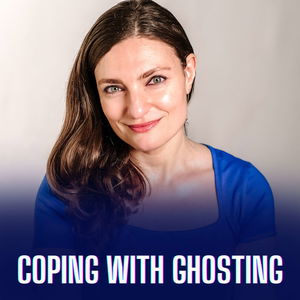

Dela
Podden och tillhörande omslagsbild på den här sidan tillhör
Gretta . Innehållet i podden är skapat av Gretta och inte av,
eller tillsammans med, Poddtoppen.